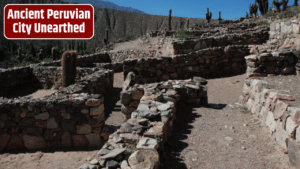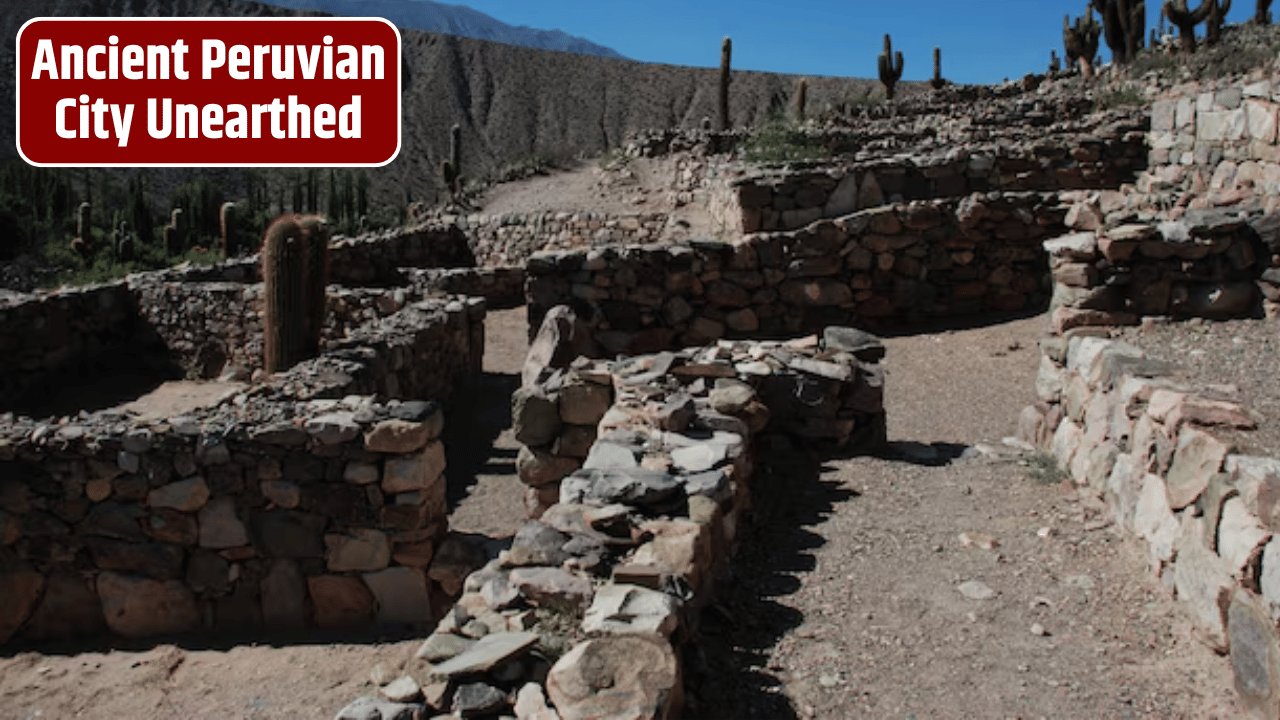When a single submarine cable snapped in March 2024, West Africa’s digital heartbeat faltered. Thirteen countries—stretching from Senegal to Côte d’Ivoire—found themselves suddenly throttled, their internet traffic crawling or cut off entirely. But amid the blackout, a few quiet signals kept blinking: satellite networks.
Starlink’s constellation and Nigeria’s NigComSat stayed online, proving that Africa’s future connectivity isn’t tethered to the seabed—it’s orbiting overhead. The moment was a wake-up call, not just for telecom companies, but for entire governments: space technology is no longer a luxury—it’s a lifeline.
Satellites: From Prestige to Practical Power
For years, satellites in Africa were seen as symbols of progress—technological trophies for emerging economies. That’s changed. They’re now tools of survival and sovereignty, supporting everything from national defense to rural broadband, from precision agriculture to weather alerts.
As the Africa Center for Strategic Studies recently observed, space assets are “redefining the meaning of infrastructure” on the continent. In other words, satellites are now as essential as roads, power grids, or fiber optics.
| Sector | Satellite Function | Real-World Impact |
|---|---|---|
| Telecommunications | Delivers internet & mobile coverage to remote areas | Keeps schools, clinics, and small businesses connected |
| Agriculture | Monitors soil moisture, rainfall, and crop health | Boosts yields and reduces crop loss |
| Security & Defense | Tracks borders, coasts, and illegal mining | Strengthens sovereignty and national safety |
| Disaster Response | Early warnings for floods, droughts, and storms | Saves lives and protects communities |
| Education & Health | Powers e-learning and telemedicine | Bridges urban–rural access gaps |
Security in the Skies
Few realize how deeply Africa already depends on satellite data for safety. Satellites scan vast deserts, forests, and coastlines—areas impossible to patrol on foot. Governments rely on this imagery to detect smuggling routes, monitor borders, and identify illegal fishing operations that drain billions from African economies each year.
In the Gulf of Guinea, for instance, satellite tracking helps curb piracy. Inland, similar technology tracks wildlife movements, aiding anti-poaching efforts in Kenya, Namibia, and Botswana. As one defense analyst put it, “satellites have become Africa’s invisible soldiers.”
And unlike ground networks vulnerable to conflict or sabotage, satellites stay above it all—uninterrupted, unblinking, and indispensable.
Feeding the Continent from Space
Agriculture still employs nearly 60% of Africa’s workforce, and climate uncertainty remains the greatest threat to that livelihood. Satellite imagery gives farmers a fighting chance by predicting rainfall, identifying pest outbreaks, and mapping soil health.
Programs like Digital Earth Africa, supported by the Group on Earth Observations, make satellite data freely available to African nations. In Ghana and Kenya, such insights have improved harvest planning and water management, cutting losses and boosting food security.
As FAO (Food and Agriculture Organization) notes, integrating space data into farming is “one of the fastest ways to make African agriculture climate-resilient.”
A Lifeline for the Unconnected
More than 600 million Africans still live without reliable internet access. For them, satellites are the bridge.
Constellations like Starlink, OneWeb, and regional systems such as NigComSat are reaching villages where laying fiber cables is prohibitively expensive or physically impossible. In remote schools across Nigeria and Rwanda, satellite internet enables online learning and teacher training. In rural hospitals, doctors use the same networks for telemedicine, connecting with specialists hundreds of miles away.
It’s not science fiction anymore—it’s infrastructure.
The Climate Advantage
Space technology is also transforming how Africa faces its biggest existential threat: climate change.
Using Earth observation satellites, agencies can track deforestation in the Congo Basin, detect early signs of drought in the Sahel, and issue advance flood warnings for coastal regions like Mozambique or Sierra Leone. The World Meteorological Organization (WMO) confirms that such space-based early warning systems can reduce disaster fatalities by up to 60% when integrated into national response plans.
For communities living on the edge of climate extremes, those extra hours—or even minutes—of warning can mean the difference between safety and tragedy.
A Heritage Written in the Stars
Africa’s relationship with the cosmos isn’t new. Ancient civilizations mapped the skies long before telescopes. Egypt’s Nabta Playa site—older than Stonehenge—served as an astronomical observatory for tracking the solstices. African cultures from Mali to Ethiopia used constellations to guide harvests and migrations.
That celestial legacy quietly resurfaced in the 20th century when African nations hosted NASA and Soviet tracking stations during the Cold War. Those installations, from Hartebeesthoek (South Africa) to Zaria (Nigeria), helped relay data that guided early lunar missions.
Today, that historical thread continues through NASA’s partnerships with the South African National Space Agency (SANSA) and the African Space Agency (AfSA), fostering collaboration on lunar exploration, satellite launches, and data sharing.
Building the African Space Agency
Launched in 2025 in Cairo, AfSA represents the continent’s collective step into orbit. Instead of duplicating efforts, AfSA coordinates national programs, pools expertise, and ensures that all 55 African Union members can access space data and infrastructure.
Collaborative ventures like the Africa–EU Space Partnership—funded at over $117 million—are already helping African scientists use satellite data for environmental monitoring, climate research, and agricultural planning. The European Space Agency (ESA) calls this collaboration “a model for equitable global space cooperation.”
Private Innovation, Public Progress
Governments aren’t carrying this momentum alone. Across Africa, private companies and startups are joining the race, developing apps, satellite hardware, and data services tailored to local needs.
Rwanda, for instance, has taken a smart-access approach—purchasing satellite data from global providers instead of building costly national satellites. Nigeria and Kenya are investing in local space startups, creating new ecosystems for aerospace engineers and data scientists.
This approach keeps Africa’s space sector lean, adaptable, and focused on impact rather than prestige.
Looking Forward: From Dependency to Leadership
The continent’s next challenge is not just accessing space technology—it’s owning the knowledge behind it. By building homegrown expertise in satellite manufacturing, data analytics, and remote sensing, Africa can move from being a customer to a global contributor.
Experts say this isn’t a dream. With AfSA’s coordination, universities’ growing space programs, and private sector innovation, Africa could soon lead in climate monitoring, precision agriculture, and sustainable development from orbit.
Space, in Africa’s case, isn’t a race—it’s a revolution in how the continent understands and manages its own future.
As the March 2024 cable outage proved, when the world below fails, Africa’s resilience may come not from the ground—but from above.
FAQs
How did satellites help during the March 2024 internet outage?
They provided uninterrupted internet coverage when submarine cables were damaged, ensuring communication continuity across 13 West African nations.
What is the African Space Agency’s main purpose?
To coordinate and unify Africa’s space programs, prevent duplication, and expand access to shared satellite data and expertise.
How do satellites support African agriculture?
They monitor rainfall, soil health, and crop growth, giving farmers real-time insights to improve productivity and reduce losses.
What role does the private sector play in Africa’s space growth?
Startups and private companies drive innovation, provide data analytics, and create affordable access to space-based services.









